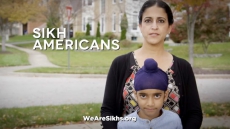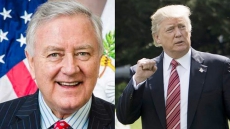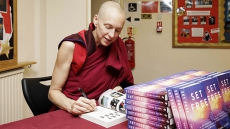Overjoyed Saudi women celebrated on Wednesday after King Salman bin Abdulaziz Al Saud issued a historic decree allowing them to drive in the Kingdom.
The decree is slated to take effect from June 2018.
The announcement was reported late Tuesday by the state-run Saudi Press Agency and state TV. Praise for the move poured in from inside the Saudi kingdom as well as abroad.
Until now, only men were issues licences and women who drove in public risked being arrested and fined.
Manal al-Sharif, an organiser of the Women2Drive campaign who was earlier imprisoned for driving, said on Twitter that Saudi Arabia would "never be the same again", reports the BBC.
The hashtags "I am my own guardian" and "Saudi Women Can Drive" quickly gained traction on social media.
US President Donald Trump said it was a positive step towards promoting women's rights. US State Department spokeswoman Heather Nauert called the move "a great step in the right direction".
UN Secretary General Antonio Guterres echoed that sentiment.
Saudi activist Loujain al-Hathloul, who was detained for 73 days in 2014 for flouting the ban, tweeted "thank God".
Campaigner Sahar Nassif told the BBC from Jeddah that she was "very, very excited - jumping up and down and laughing".
Saudi Arabia's US ambassador, Prince Khaled bin Salman, said it was "an historic and big day" and "the right decision at the right time".
The change will not be implemented immediately as the kingdom has no infrastructure for women to learn to drive or obtain drivers licenses.
Amnesty International also welcomed the Saudi decision.
"It is a testament to the bravery of women activists who have been campaigning for years that the government of Saudi Arabia has finally relented and decided to permit women to drive," said Philip Luther, Amnesty's Research and Advocacy director for the Middle East and North Africa.
Not everyone reacted positively. Conservatives accused the government of "bending the verses of Sharia".
"As far as I remember, Sharia scholars have said it was haram (forbidden) for women to drive. How come it has suddenly become halal (permissible)?" one critic tweeted.


